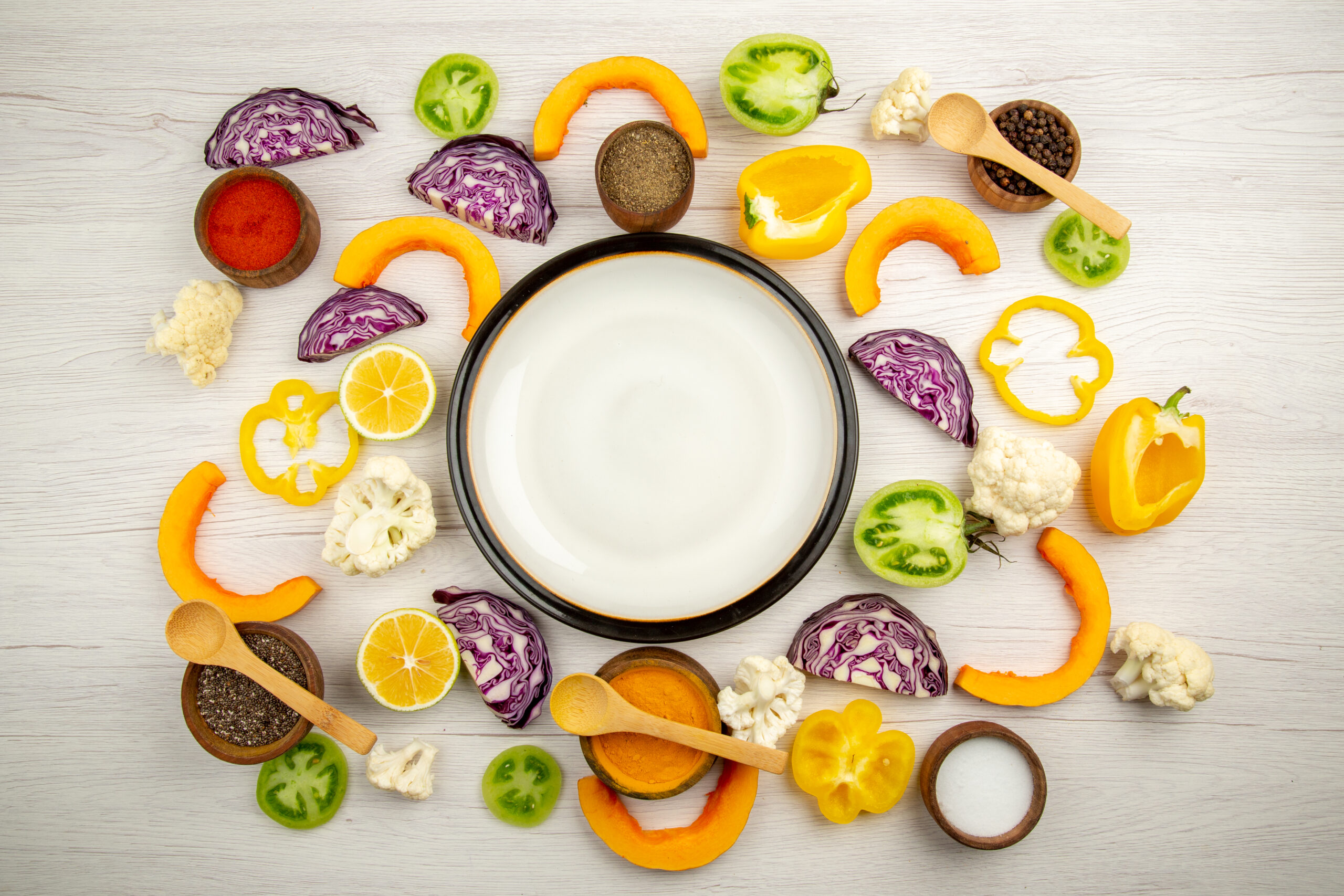🦠 Best Probiotic Foods for Gut Health: A Complete Guide to a Happier, Healthier You
🥦 Introduction: Why Gut Health Matters
Your gut is more than just a place where food is digested — it’s a powerhouse that influences your mood, energy, and immunity. A healthy gut supports better digestion, nutrient absorption, and even mental clarity.
One of the most effective ways to support your gut health is by adding probiotic-rich foods to your diet. Probiotics are live microorganisms that help maintain the natural balance of bacteria in your digestive system.
In this article, we’ll explore the best probiotic foods for gut health, their benefits, how to include them in your diet, and how they can transform your well-being naturally.
🌿 What Are Probiotics?
Probiotics are “good” bacteria that live in your gut and help maintain balance within your digestive system. These microorganisms fight off harmful bacteria, improve nutrient absorption, and boost your immune system.
Key Benefits of Probiotics:
-
Improves digestion and nutrient absorption
-
Supports immune function
-
Reduces bloating and gas
-
Enhances mental health (gut-brain connection)
-
Promotes weight balance
🥣 Why You Need Probiotic Foods
Modern diets, processed foods, and antibiotics can destroy your gut’s natural bacteria. Including probiotic foods can restore your gut microbiome, strengthen your immunity, and help with conditions like IBS (Irritable Bowel Syndrome) and leaky gut.
Natural probiotic foods are far more effective (and safer) than supplements when consumed consistently.
🧘♀️ Top 10 Best Probiotic Foods for Gut Health
1. Yogurt
Yogurt is one of the most popular and accessible probiotic foods. It contains live cultures like Lactobacillus and Bifidobacterium that improve digestion and strengthen your gut lining.
Tip: Choose plain, unsweetened yogurt for the best results.
2. Kefir
Kefir is a fermented milk drink that contains a combination of bacteria and yeast — making it a more powerful probiotic than yogurt.
Health Benefits:
-
Strengthens gut microbiota
-
Improves lactose digestion
-
Boosts immunity
3. Sauerkraut
Made from fermented cabbage, sauerkraut is rich in probiotics, vitamins C and K, and digestive enzymes.
Tip: Always buy raw, unpasteurized sauerkraut to ensure live bacteria are intact.
4. Kimchi
Kimchi is a Korean dish made from fermented vegetables (usually cabbage and radish). It’s loaded with probiotics, fiber, and antioxidants.
Bonus: It may also help in reducing inflammation and supporting heart health.
5. Miso
Miso is a traditional Japanese paste made from fermented soybeans. It’s commonly used in soups and sauces.
Probiotic Benefit: It contains Aspergillus oryzae, which promotes good gut bacteria.
6. Tempeh
Tempeh is another soybean-based product that’s rich in probiotics and plant-based protein. It’s perfect for vegans and vegetarians.
Tip: Add tempeh to salads, stir-fries, or sandwiches for a gut-friendly meal.
7. Kombucha
Kombucha is a fermented tea that’s packed with probiotics, enzymes, and antioxidants. It supports digestion, boosts metabolism, and detoxifies the body.
Tip: Avoid kombucha with added sugar; opt for natural or low-sugar versions.
8. Pickles (Fermented Cucumbers)
Naturally fermented pickles (not vinegar-based) are great for gut health. They contain Lactobacillus bacteria that help balance your microbiome.
9. Buttermilk (Traditional)
Traditional buttermilk, not the cultured kind, contains live bacteria that promote digestive health. It’s also soothing and hydrating.
10. Apple Cider Vinegar (ACV)
ACV is not a probiotic itself but contains beneficial acids that support good bacteria growth. A tablespoon diluted in water daily can promote digestion and balance gut flora.
🧬 How Probiotic Foods Improve Gut Health
Probiotic foods work by balancing the good and bad bacteria in your gut. They help:
-
Restore natural gut flora after antibiotic use
-
Reduce inflammation in the intestines
-
Strengthen the gut lining (preventing “leaky gut”)
-
Aid nutrient absorption
-
Regulate bowel movements
Over time, consuming probiotic foods daily can result in better digestion, clearer skin, improved mood, and higher energy levels.
🍱 How to Add Probiotic Foods to Your Diet
Here’s a simple daily meal plan for gut health:
Breakfast: Yogurt with chia seeds and fruit
Lunch: Miso soup or salad with sauerkraut
Snack: Kefir smoothie
Dinner: Tempeh stir-fry or kimchi rice
Drink: Kombucha or ACV with warm water
Pro Tip: Pair probiotics with prebiotics (foods like bananas, onions, garlic, and oats) — they act as “food” for your good bacteria.
⚠️ Precautions When Starting Probiotics
Some people experience mild bloating or gas in the first few days — this is a sign your gut is adjusting.
To minimize discomfort:
-
Start small and increase gradually
-
Drink plenty of water
-
Avoid processed and sugary foods that feed bad bacteria
💪 Long-Term Benefits of a Healthy Gut
A strong gut microbiome can:
-
Improve nutrient absorption
-
Strengthen immune system
-
Support mental health and focus
-
Help manage weight
-
Lower inflammation and risk of chronic diseases
🌎 Final Thoughts
Adding probiotic foods to your diet is one of the simplest and most natural ways to improve your overall health. Whether it’s a bowl of yogurt, a glass of kefir, or a spoon of kimchi — these small habits can create long-term benefits for your mind and body.
Your gut health reflects your entire well-being.
So start small, stay consistent, and let your gut thrive!














Post Comment